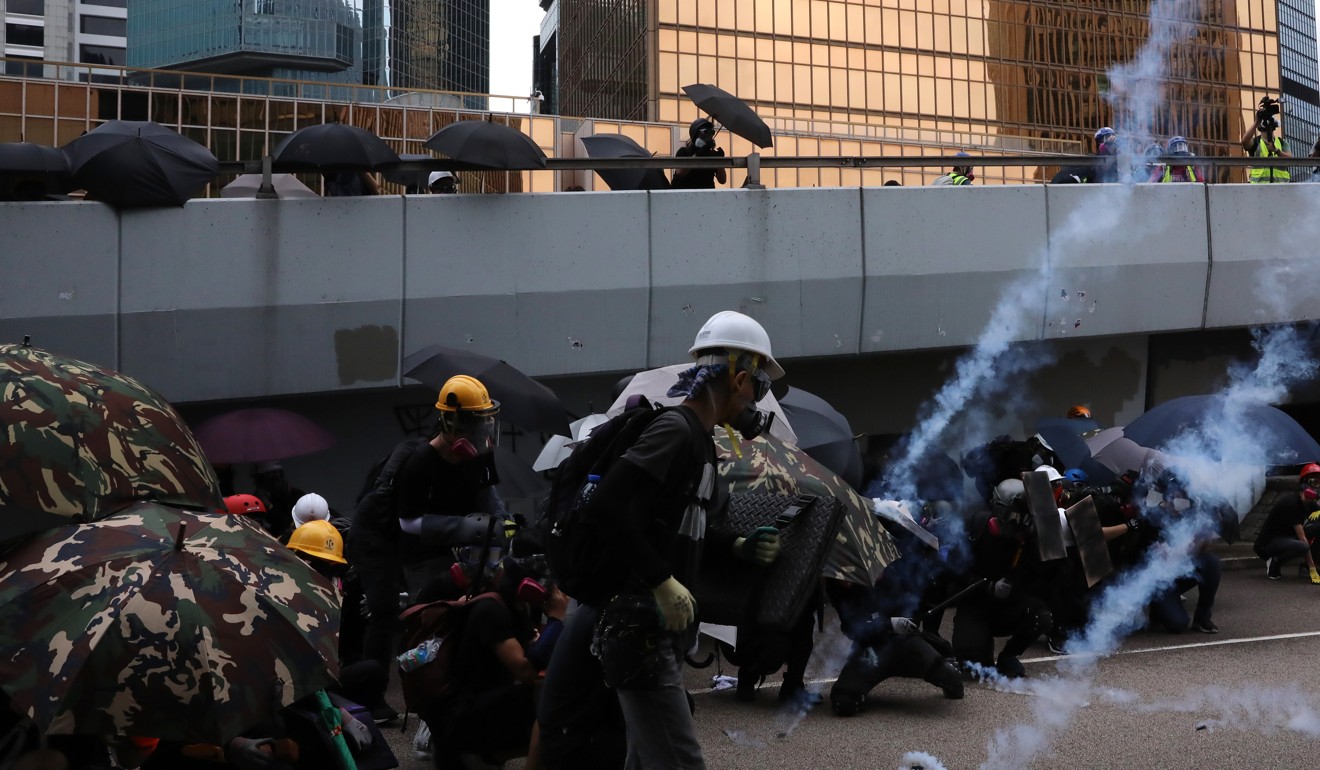
Public housing group calls on Hong Kong government to subsidise young people in buying their first homes
- Proposal is one of 13 initiatives suggested by pro-establishment Federation of Public Housing Estates to boost housing supply for young people
- Federation says that though housing is source of anti-government grievances, proposal has nothing to do with current political unrest
The Hong Kong government should fork out HK$1.8 billion (US$230.1 million) a year to support the city’s youth in buying their first homes on the private market, a pro-establishment public housing concern alliance suggested on Wednesday.
The recommendation is one of 13 initiatives rolled out by the Federation of Public Housing Estates in light of a year-long study, which aims to enhance housing supply for people aged 18 to 35 in Hong Kong.
The federation said in its statement that one source of strong grievances held by youngsters protesting against the government in the past three months was the sheer shortage of affordable living space.
However, when asked how the housing problem was related to the protests triggered by a now-abandoned fugitive extradition bill, and whether more supply would help quell the unrest, the federation’s convenor Herman Larm Wai-leung said their research on housing for youth had nothing to do with current events.
“The housing problem faced by the city’s youngsters is part of a problem faced by the general public,” Larm said. “Our study started in the middle of 2018, when we could not possibly foresee what would happen today.”
“This project of ‘I want housing for youth policy’ has nothing to do with this political storm. The youngsters are disappointed with the government, and authorities have made a lot of people unhappy … We hope the government can diversify its housing policy [to cover more people],” Larm said.
Jockey Club cancels Happy Valley race meeting over safety concerns
He added that the federation would submit its initiatives to the government, including the Housing Authority and the Youth Development Commission, as the city’s embattled leader Carrie Lam Cheng Yuet-ngor is expected to deliver her third policy address in October.
The 13 initiatives comprise six and seven recommendations for supporting young people to purchase and rent flats respectively.

One of the recommendations that federation executive director Anthony Chiu Kwok-wai considered “innovative” would be providing cash grants for eligible first-time homebuyers with a scheme quota for 1,000 applicants.
The applicant must be buying a private residential flat priced under HK$6 million and the government grant should be capped at 30 per cent of the property price, according to the federation.
Why protesters are choosing fist fights and vigilantism to settle scores
The government will own 30 per cent benefits of the flat, with the property falling under restrictions on resale like a subsidised unit.
“The government can start with a pilot scheme and review the effectiveness before making it a permanent annual scheme,” Chiu said.
The federation also recommended the government roll out a pilot scheme of “Hong Kong flats for Hong Kong first-time buyers”. Under the proposed scheme, some lands sold by the government would require private developers to sell residential flats built on the sites only to eligible first-time local buyers. Resale restrictions would also apply.

The federation said single individual applicants should be better positioned in the long queue to buy subsidised housing. It suggested that when allocating quotas for second-hand subsidised housing, the ratio of family applicants to individual ones should be reduced from 9:1 to 7:1.
As for increasing the number of flats for young people to rent, the federation called on the government to include a target of creating 500 dormitory places every year in its overall housing supply plan, to promote development of sharing flats in collaboration with NGOs, and to provide rental allowance for non-elderly individuals who have been on public housing waiting lists for longer than six years.
“We are not prioritising youth needs over those of families and the elderly,” Chiu said. “We hope to improve the existing supply structure … We hope the next policy address will not ignore what the young need.”
Hong Kong had more than 800,000 people aged between 18 and 35 according to the population by-census in 2016. The same survey also found that more than 1 million households – or nearly 43 per cent of the city’s total – lived in flats sized between 430 to 742 sq ft (40 to 69 square metres).

